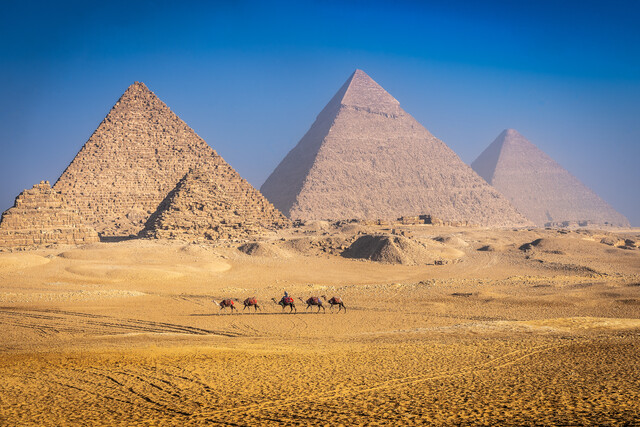Ancient Civilizations 101
Unlock the Secrets of the Past and Ignite Your Curiosity!

10 Hours average completion time
1.0 CEUs
13 Lessons
13 Exams & Assignments
171 Discussions
15 Videos
15 Reference Files
82 Articles
Mobile Friendly
Last Updated January 2026
Delving into the depths of history, studying ancient civilizations is a riveting journey through time that offers more than just a chronicle of dates and events; it is an in-depth exploration into the very essence of human progress. This course offers a comprehensive look at the myriad ways in which the ancients have shaped the contours of the modern world. From groundbreaking technological advancements to the evolution of political systems, every thread of the past is woven into the present.
We commence our journey by acknowledging the bedrock of all societal advancements: the invention of writing, the wheel, the mastery of fire, and the development of metallurgy with brass, bronze, and iron. These are not mere historical footnotes but cornerstones that have transformed human existence. The impact of ancient innovations continues to permeate contemporary life, from the principles of democracy to architectural design, from our legal systems to the religious traditions that guide billions.
Throughout the course, students will engage with a carefully structured curriculum, crafted to unveil the historical significance and legacy of each civilization under study.
Lesson 1: Ancients for Moderns
We set the stage by establishing the context of why ancient history matters today. We discuss how learning about past civilizations is not only intellectually stimulating but also serves as a critical lens through which we view current societal norms and values.
Lesson 2: Sumer and the Mesopotamian Civilizations
The fertile crescent of Mesopotamia, known as the 'Cradle of Civilization', gave birth to some of the earliest urban centers. Students will explore the societal structures, contributions to law and governance, and technological innovations like cuneiform writing that emerged from Sumer and its neighboring cultures.
Lesson 3: Ancient Egypt, Part I
In the first of two lessons on Egypt, we delve into the Old and Middle Kingdoms, examining the construction of the pyramids, mummification, and the administrative prowess that orchestrated the Nile's resources.
Lesson 4: Ancient Egypt, Part II
Building on our understanding, we move to the New Kingdom, discussing the significance of pharaonic power, the expansion of empire, and the cross-cultural interactions that defined this period.
Lesson 5: Phoenicia and Minoa
We explore the seafaring civilizations of the Mediterranean, whose maritime trade networks and alphabetic script laid the groundwork for the spread of ideas and language.
Lesson 6: Israelites
This lesson delves into the ancient Israelites, whose monotheistic religion and sacred texts have had a profound impact on the religious and ethical frameworks of modern societies.
Lesson 7: Media and Persia - Peoples of Ancient Iran
Students will learn about the powerful empires of Media and Persia, their innovative administrative systems, and the Zoroastrian religion that influenced later monotheistic faiths.
Lesson 8: Ancient Greece, Part I
The early stages of Greek civilization are examined, focusing on the Dark Ages and Archaic period, laying the foundation for the Classical era's unparalleled cultural achievements.
Lesson 9: Ancient Greece, Part II
A focus on the Classical period reveals the zenith of Greek art and thought, the birth of democracy in Athens, and the military prowess of Sparta, culminating in the Persian Wars.
Lesson 10: Ancient Greece, Part III
We discuss the Hellenistic period, following Alexander the Great's conquests, which saw the fusion of Greek and Eastern cultures and the spread of Hellenistic knowledge across the known world.
Lesson 11: Rome, Part I - Long Live the Republic!
The Roman Republic's rise, with its unique blend of oligarchy and democracy, provides a powerful case study on governance, citizenship, and expansionism.
Lesson 12: Rome, Part II - The Punic Wars and the End of the Republic
Here, the course examines the Republic's militaristic ventures, its rivalry with Carthage, and the internal strife that led to its downfall.
Lesson 13: Rome, Part III - The Roman Empire and Its Legacy
We transition to the Roman Empire, exploring its monumental impact on law, architecture, engineering, and governance that echo in modern institutions.
Lesson 14: Rome, Part IV - The Legacy of Rome
The concluding lesson reflects on Rome's enduring influence, considering its contributions to Western civilization, the spread of Christianity, and its legacies that linger to this day.
Assignments and exams throughout the course will challenge students to not only memorize facts but also analyze the interconnectivity of these ancient civilizations with modern-day practices and beliefs.
This course is meticulously designed for the curious minds eager to explore the grand narrative of human history. It is a journey that promises to enhance the understanding of our collective past and offer insightful perspectives on the challenges of the present. Join us as we traverse through the annals of history, uncovering the stories of those who laid the cornerstones of civilization. This is not just a study of history; it's an investigation into the core of humanity itself.
- Interdisciplinary cultural understanding
- Relational thinking between past and present
- Critical historical analysis
- Recognition of historical continuity
- Cross-cultural influence analysis
- Evaluation of ancient technological impacts
- Understanding legacies of innovation
- Insight into societal evolution
- Global historical perspective
- Comparative political systems analysis
- Enhanced contextual reasoning
-

American Revolutionary War
-

Relaxation 101
-
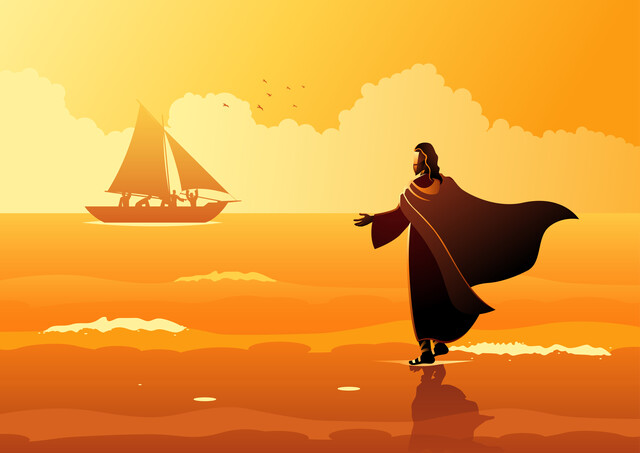
Bible Stories: Explore Life Lessons and Adventures
-

Philosophy 101
-

American Government
-

Marketing Outreach
-

ESL Grammar Skills Level 5
-

Building Self Esteem
-

American Civil War
-

World War II
-

American Wars: American Revolution and Civil War
-

American Heroes and Villains
-
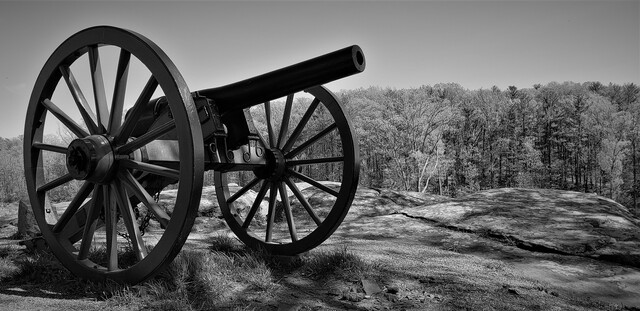
American History Review
-
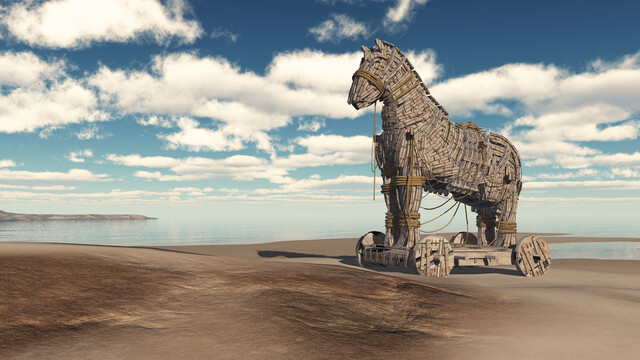
Greek Mythology
-
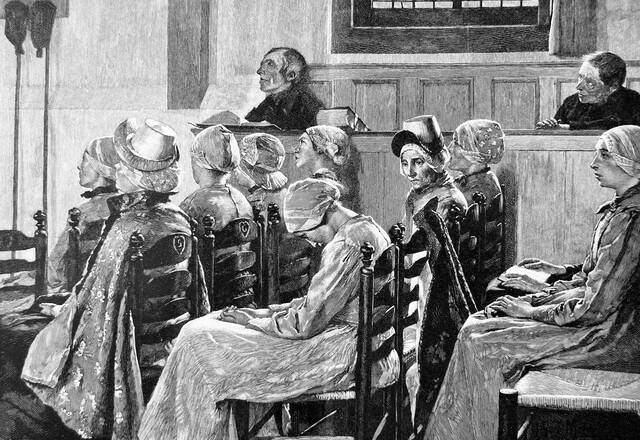
Salem Witch Trials
-

Dog Grooming 101
-

Understanding Addictions
-

Etiquette Consultant
-

How to Run an Effective Help Desk
-

Coaching Techniques
-
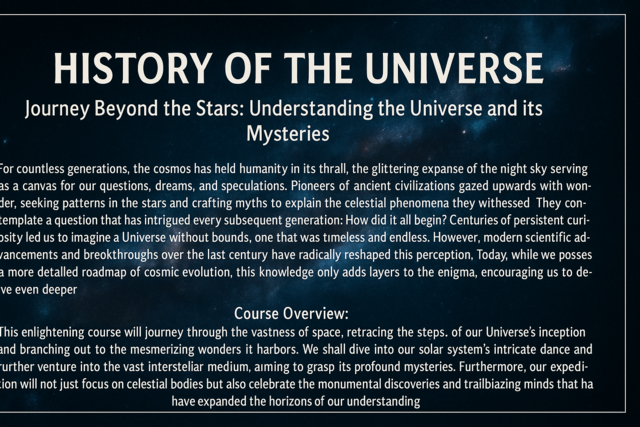
History of the Universe
-

World Religions
-

Haunted Places
-
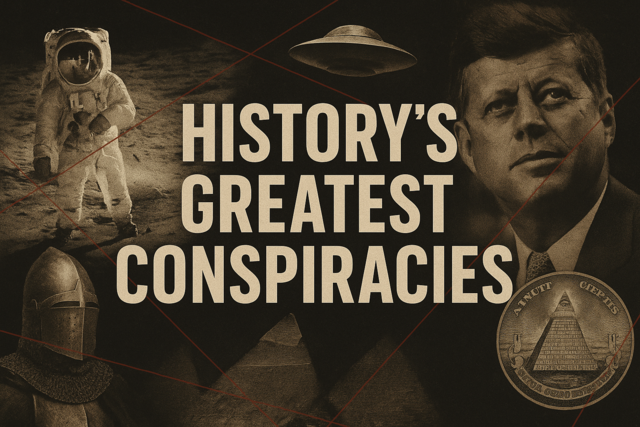
History's Greatest Conspiracies
-

Buddhism 101: The Principles of Awakened Living
